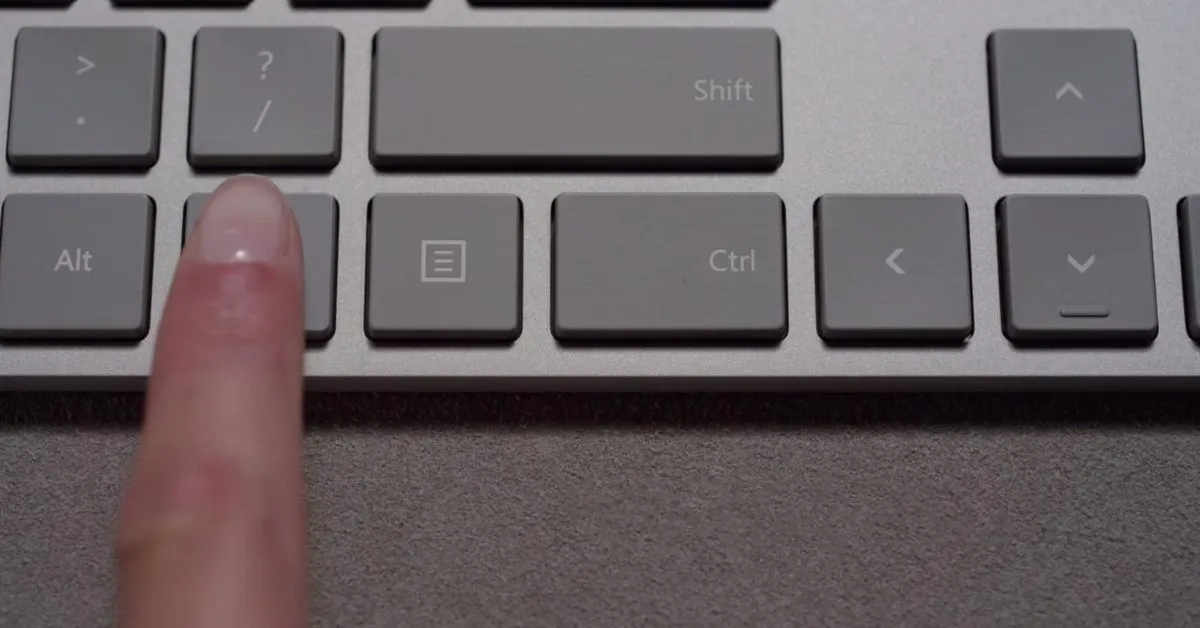Microsoft’s Windows Hello fingerprint authentication has been bypassed
Microsoft’s Windows Hello fingerprint authentication has been bypassed

www.theverge.com
Microsoft’s Windows Hello fingerprint authentication has been bypassed

Microsoft’s Windows Hello fingerprint authentication has been bypassed

Microsoft’s Windows Hello fingerprint authentication has been bypassed
